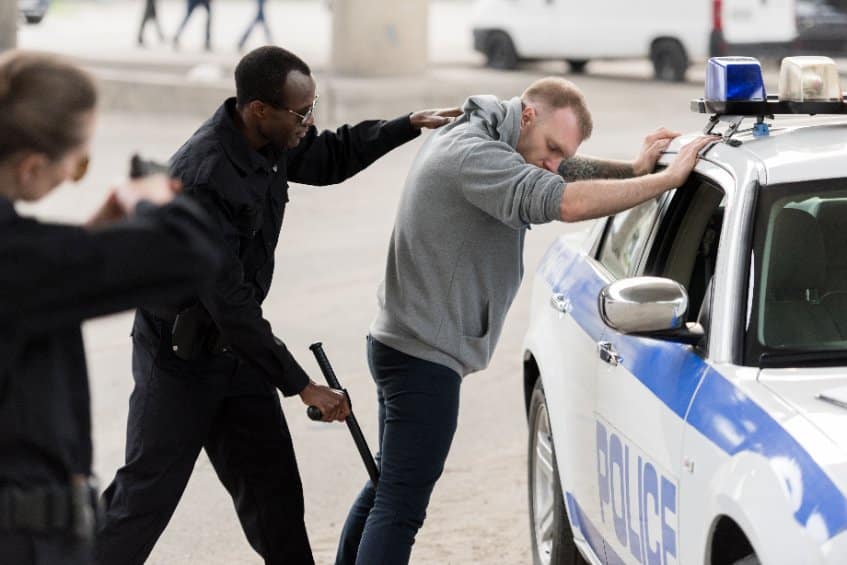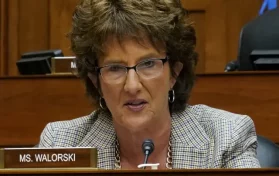
According to fatherhood.org, one in four children grow up in a home without a father figure in the home (this can be anyone from a biological father to a stepdad to another close relative such as an uncle or a grandfather). Research shows that children with involved fathers tend to have better overall outcomes in life. Children without a father figure are more likely to have behavioral problems (in boys, this often presents as violent behavior; in girls, psychological problems are more likely). Those raised in a fatherless home are four times more likely to live in poverty than their peers with an involved father.
These are but a few statistics when it comes to solving the current problem in America in regards to increased violence and increased mental issues in our young people.
Representative Burgess Owens (R-UT) has teamed up with former football standout Jack Brewer to come up with an initiative to promote involved fatherhood. The pair note many of the same statistics as share previously, adding that nearly 18.5 million children grow up without a father figure. According to Brewer and Owens, this means the United States “own(s) the title of the world’s leader in fatherlessness.”
Owens and Brewer are joined by Rep. Byron Donalds (R-FL) in promoting this initiative. However, these men are not the only political leaders or prominent citizens to say, particularly since a rash of mass shootings began earlier this year, that one of the likely root causes of increased violence in America has to do with a child’s home life.
One of the mass shooters lived with a grandparent. The public is aware that the boy’s mother lived elsewhere; there has been no mention of the boy’s father.
Eighty-five percent of younger children and teenagers with diagnosed behavioral issues “come from fatherless homes.” More than seventy percent of teens in substance abuse rehab centers come from homes without the presence of a father.
The key here is to note that it’s not just fatherless homes that are the issue. Certainly, the makeup of the nuclear family is the best design for raising a family. However, for multiple reasons, a nuclear family is not optimum. Yet, the key term when it comes to fatherlessness is a lack of any presence of the father figure in the home. Involved father figures – an uncle, a grandfather, or another family member or close family friend – can also provide a source of support for children without a biological father’s involvement.
A father figure in a child’s life can improve the academic performance of affected children; in addition, a father figure or an involved father can offer social mobility for these children.
In order to promote the involvement of fathers in American children’s lives, Rep. Owens has penned a resolution that “promotes fatherhood and it’s proven benefits to society.”
Rep. Byron Donalds is sponsoring the resolution. The pair say the resolution will “prioritize two-parent households.”
The resolution is said to promote fatherhood, and supports the efforts of those in the public – city and federal officials, clergy, and community leaders – to encourage involved fatherhood. It addresses criminal justice reform and the impact that the system plays in an absent father situation; the resolution calls for programs that will equip those incarcerated with skills so that they can become gainfully employed once returning home.” It also “recognizes misaligned incentives in the structure of the Federal welfare program and the barriers they create in allowing fathers to return home to their spouse and children.”
The resolution will even seek to change the way child custody and alimony is determined in a civil court setting.
Rep. Owens and Donald as well as Jack Brewer have all acknowledged the effect fatherless homes has on society; they point to research that shows a correlation between fatherlessness and a lack of academic success, increased violence, increased rates of incarceration, and economic disparity.





